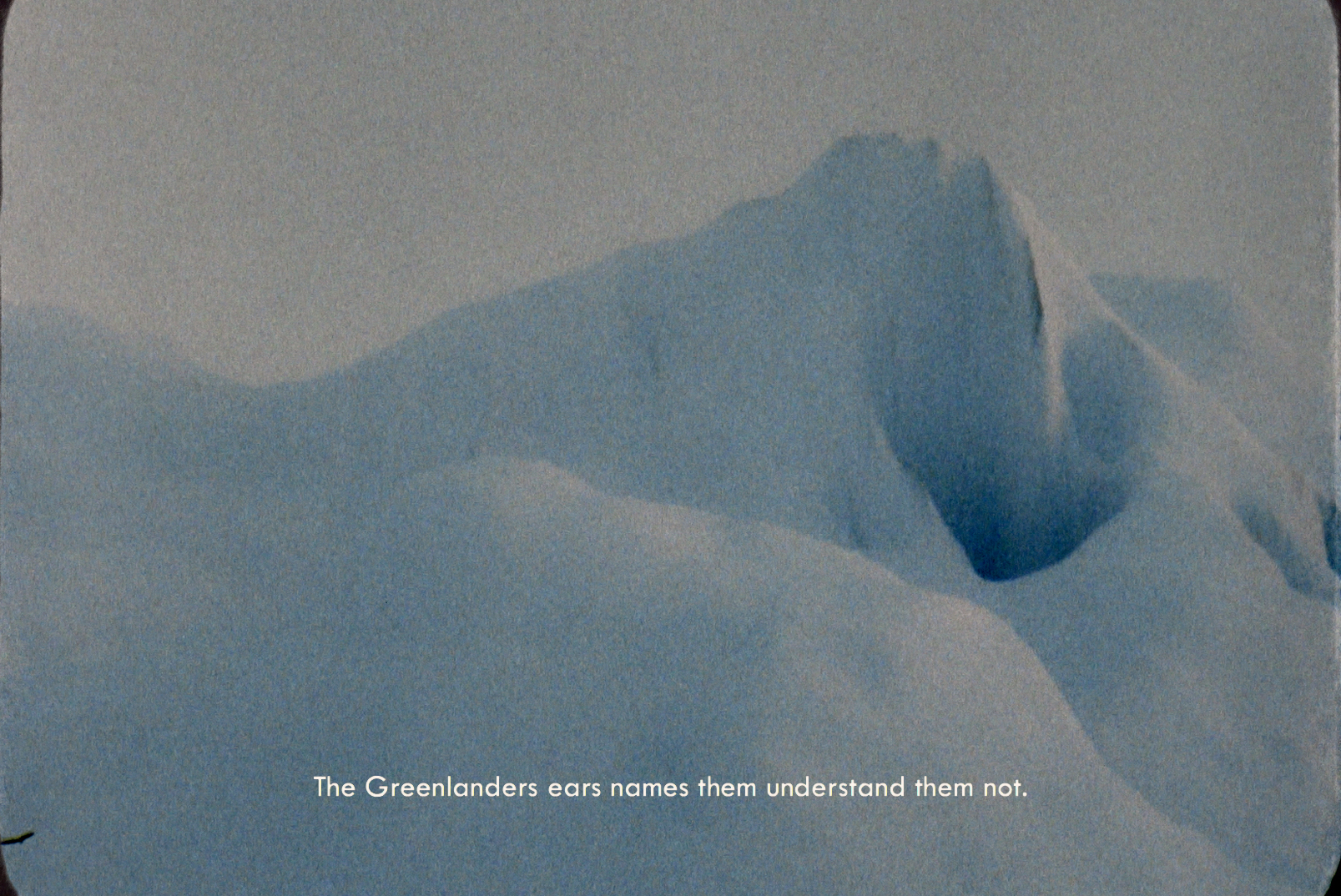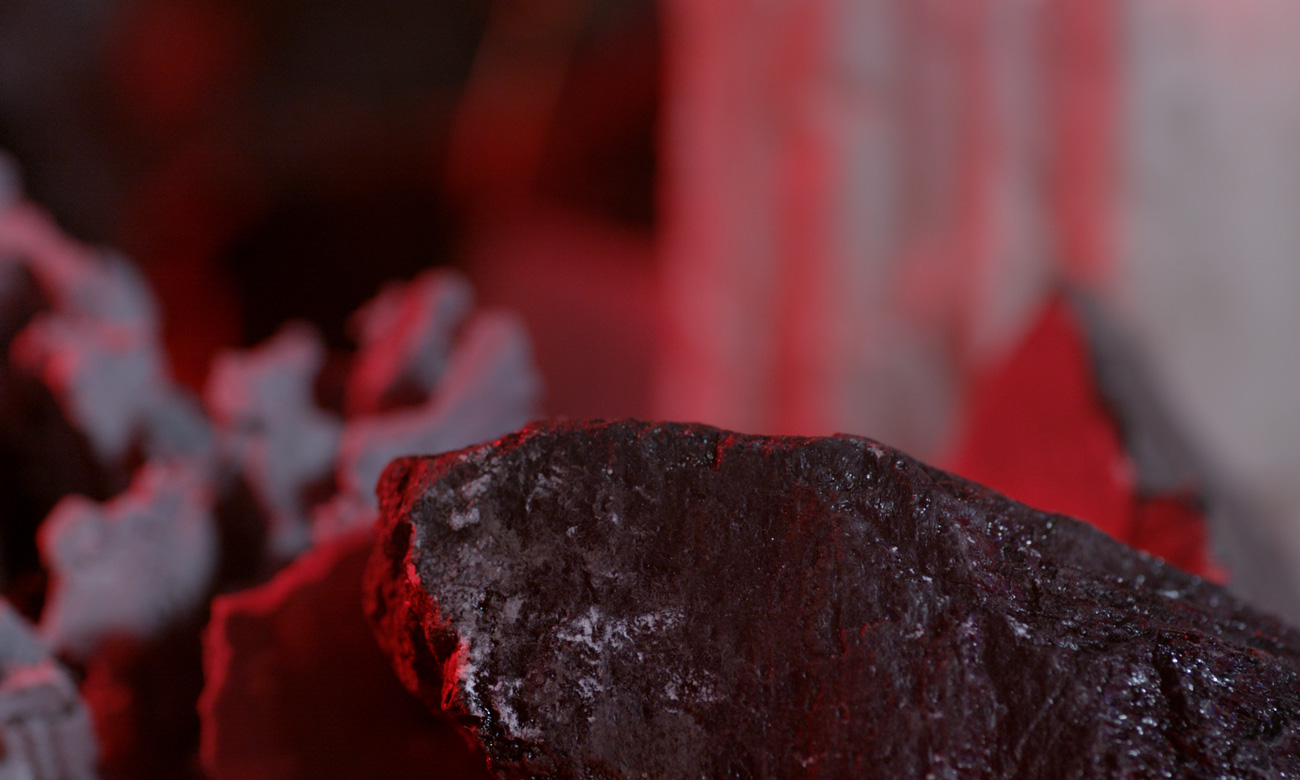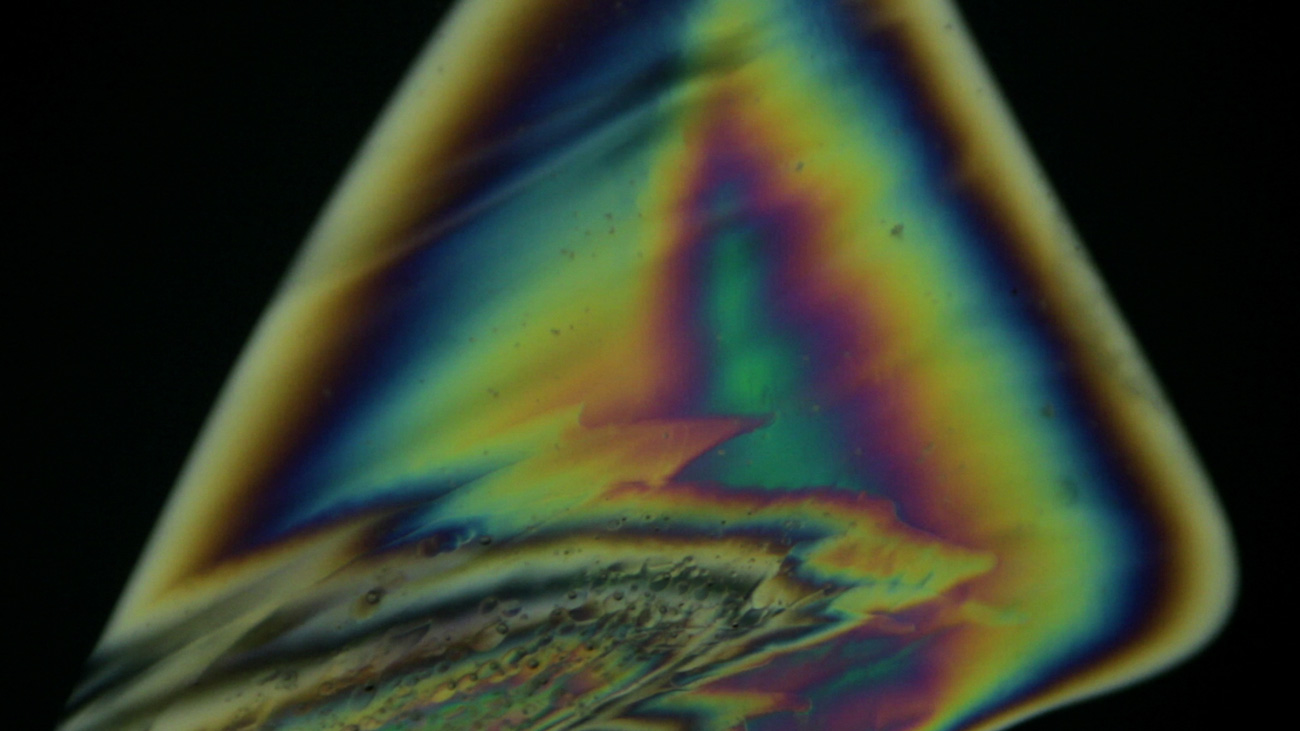SELECTION #14
20:45 h / ACUD KinoLANDSCAPE TRANSLATIONS (75')
Giving a name to a thing, a land, or a group of people means establishing (or abolishing) limits and properties: colonialism has always fed off of this mode of linguistic appropriation. If naming is the first act of domination that gradually takes hold of a concrete reality, then translation might stand for an emancipation, a restitution to indeterminacy. Ancient and contemporary guises of colonialism intertwine here (as is often the case) with environmental issues: ice melting and waste overflowing objectify the imprint of human actions on a territory confronting us with the language of earth itself, another translation. (T. I.)
Plus Ultra
Helena Girón, Samuel M. Delgado
13', 2017, Spain, German première

Plus Ultra is the motto of the Spanish state. This slogan was used to encourage navigators to conquer new lands, forgetting the warning from Greek mythology: Non Terrae Plus Ultra (There is no land beyond here).The Canary Islands — testing ground for the tactics utilized in the colonization of the Americas — becomes the setting for a tale about this land.
labandanegra.net
Nutsigassat
Tinne Zenner
20', 2018, Denmark/Greenland/Canada, German première

"Go outside. The lovely mountains two, Sermitsiaq and Kingittorsuaq, look at them.” While the housing blocks carry a past of national diaspora, layers of snow cover a future development in the city of Nuuk, Greenland. The landscape acts as a scenery for collective nostalgia and industrial production, as the film studies glitches in translation of language and culture in a post-colonial modernity.
tinnezenner.com
Love Canal
Elsa Brès
18', 2017, France, European première

300 million years ago, the north of France was a wetland. 140 years ago, a canal is dug and never filled with water. One day, vagabonds decide to go down an invisible river and pick on the way débris of a world to start a new one.
elsabres.com
Point of No Return
Zachary Finkelstein
10', 2016, Canada, European première

Under a microscope tiny shards of ice loom large as glaciers. Using microscopic videography and polarizing lenses, Point of No Return is a visually stunning study of melting ice in real time. The film provides a micro perspective on climate change, a massive but incremental global event that is usually imperceptible in our day to day lives.With narration in eleven of the most widely-spoken languages in the world, Point of No Return presents a dialogue in abstraction between emotional understanding and scientific fact in the face of rising global temperatures.
zacharyfinkelstein.com